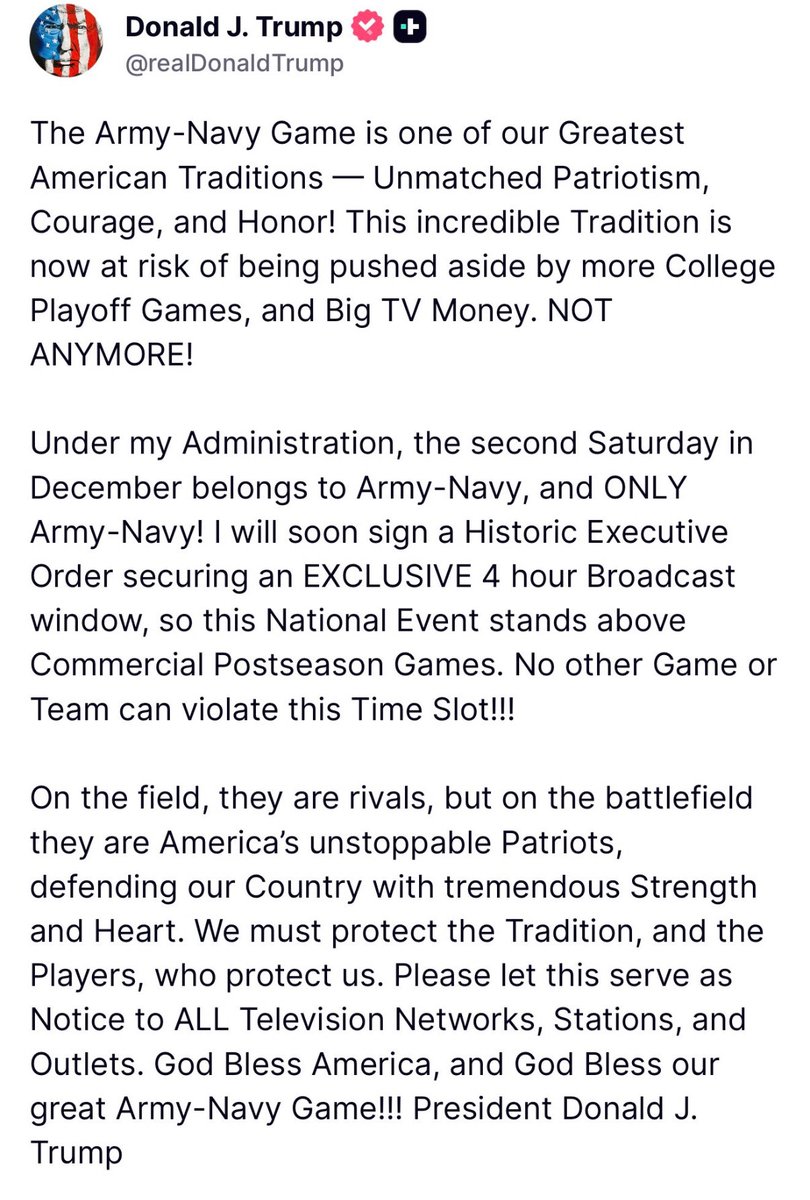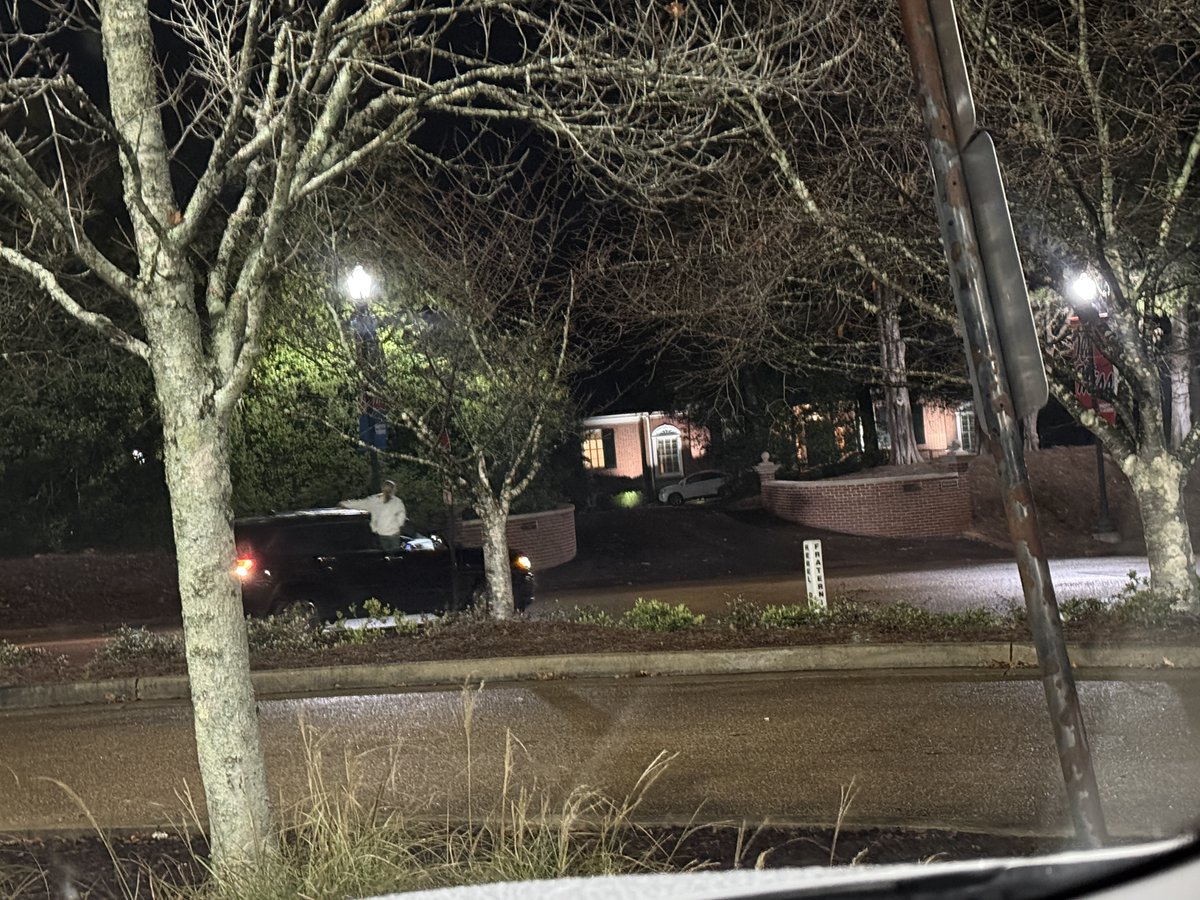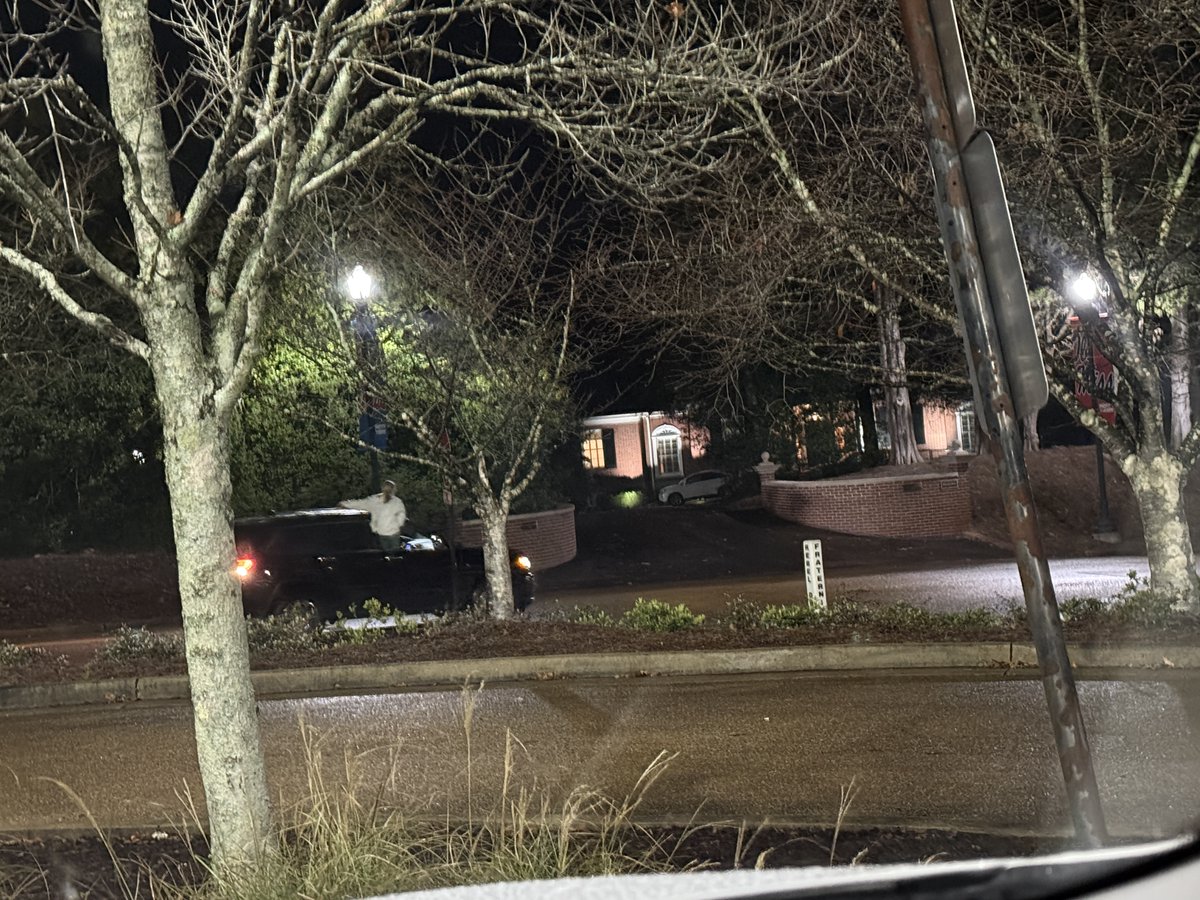At 10 am, the fourth Congressional NIL hearing is scheduled to begin.
@SInow obtained testimony of the three NCAA witnesses, including Wisconsin chancellor Rebecca Blank, who writes to lawmakers "We’re not running sports to primarily make money."
bit.ly/2RpgXVA
@SInow obtained testimony of the three NCAA witnesses, including Wisconsin chancellor Rebecca Blank, who writes to lawmakers "We’re not running sports to primarily make money."
bit.ly/2RpgXVA
@SInow Other NIL news from y'day via a survey the NCAA sent to schools.
A proposal would prohibit athletes from referencing their school/using logos in commercials & bans them from endorsing sports gambling outlets/those conflicting with a school’s “values.”
bit.ly/32su2DT
A proposal would prohibit athletes from referencing their school/using logos in commercials & bans them from endorsing sports gambling outlets/those conflicting with a school’s “values.”
bit.ly/32su2DT
@SInow I expect the hearing will focus on (1) athletes = employees; (2) going beyond NIL for sweeping NCAA reform; (3) CFB’s handling of COVID; (4) athletic department finances.
Chair Lamar Alexander (R-Tenn.) is expected to detail the benefits of being a college athlete in 2020.
Chair Lamar Alexander (R-Tenn.) is expected to detail the benefits of being a college athlete in 2020.
@SInow In speaking about the NIL hearing last week, a Senate aide brought up to me Lincoln Riley's comment.
"He's not publicly disclosing COVID numbers for competitive disadvantage," the aide said, and then quite literally laughed out-loud.
Prepare for that to come up in the hearing.
"He's not publicly disclosing COVID numbers for competitive disadvantage," the aide said, and then quite literally laughed out-loud.
Prepare for that to come up in the hearing.
@SInow The link to hearing live stream: help.senate.gov/hearings/compe…
• • •
Missing some Tweet in this thread? You can try to
force a refresh








